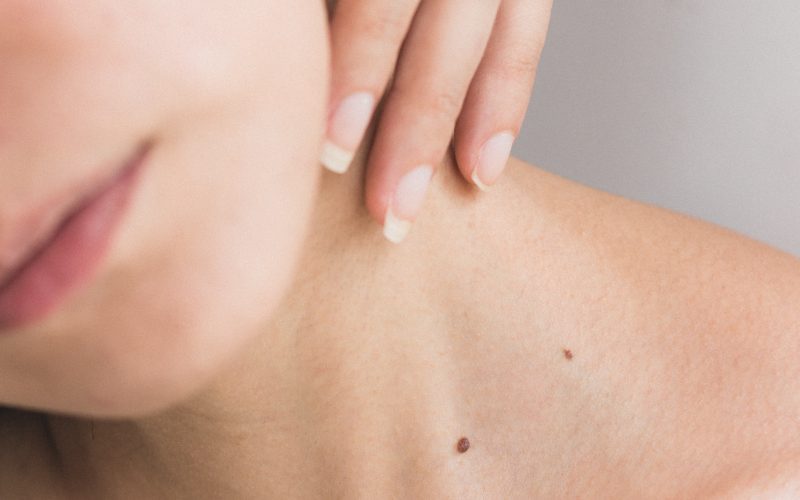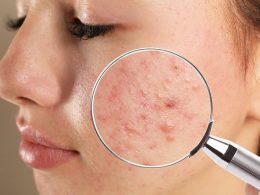Introduction:
Dealing with dry acne-prone skin can be a challenging battle, as it requires addressing both excessive dryness and persistent blemishes. While many focus solely on treating acne, the importance of hydration in this skincare routine cannot be underestimated. In this comprehensive report, we delve into the significance of hydration and its impact on combating blemishes in dry acne-prone skin. By understanding the science behind hydration, exploring expert opinions, and unveiling research-backed techniques, you’ll discover the transformative power of moisture in achieving a clearer and more radiant complexion.
Breaking News: The Hydration Connection to Blemish-Free Skin
In this breaking news segment, we explore the link between hydration and combatting blemishes in dry acne-prone skin:
1. The Role of Moisture in Skin Health: Hydration is the cornerstone of healthy skin. It helps maintain the skin’s barrier function, regulates oil production, and aids in the shedding of dead skin cells, reducing the risk of clogged pores and blemishes.
2. The Dangers of Over-Drying: Many acne-fighting products can be harsh and contribute to further dryness, disrupting the skin’s moisture balance. This can trigger a vicious cycle where the skin produces more sebum to compensate, leading to clogged pores and an increase in acne breakouts.
Feature Story: Unlocking the Power of Hydration
In this feature story, we delve into the science and techniques behind harnessing the power of hydration for combatting blemishes in dry acne-prone skin:
1. Hydrating from Within: The foundation of hydrated skin starts with nourishing yourself from the inside out. Drinking an adequate amount of water daily helps maintain overall skin health and hydration.
2. Optimal Skincare Ingredients: Look for skincare products that contain humectants such as hyaluronic acid, glycerin, or aloe vera. These ingredients attract and retain moisture, keeping your skin hydrated throughout the day.
3. Layering Hydration: Adopt a layering approach by using lightweight hydrating serums or essences followed by a moisturizer. This helps to lock in moisture and create a protective barrier against environmental stressors.
4. Consider Hydrating Face Masks: Incorporating hydrating face masks into your skincare routine can provide an extra boost of moisture. Look for masks containing ingredients like hyaluronic acid, ceramides, or natural oils to replenish and soothe dry, blemish-prone skin.
Opinion Piece: Rethinking Acne Treatment: A Balanced Approach
In this opinion piece, we discuss the importance of adopting a balanced approach to acne treatment, including the role of hydration:
– Shifting the Focus: Instead of solely targeting acne-fighting products, it is crucial to prioritize the skin’s overall health, including hydration. A balanced approach that combines acne treatment and hydration can help create an optimal environment for clearer and healthier skin.
– Embracing Moisture: Contrary to popular belief, hydrating the skin does not make acne worse. In fact, by restoring moisture and balancing the skin’s hydration levels, we can minimize excess sebum production and reduce the likelihood of breakouts.
Expert Insights: Research-Backed Recommendations
In this section, we gather insights from skincare experts who provide research-backed recommendations for incorporating hydration into a dry acne-prone skincare routine:
– Dermatologist’s Recommendation: Dr. [Name] emphasizes the importance of using non-comedogenic moisturizers containing ingredients like hyaluronic acid and ceramides.












